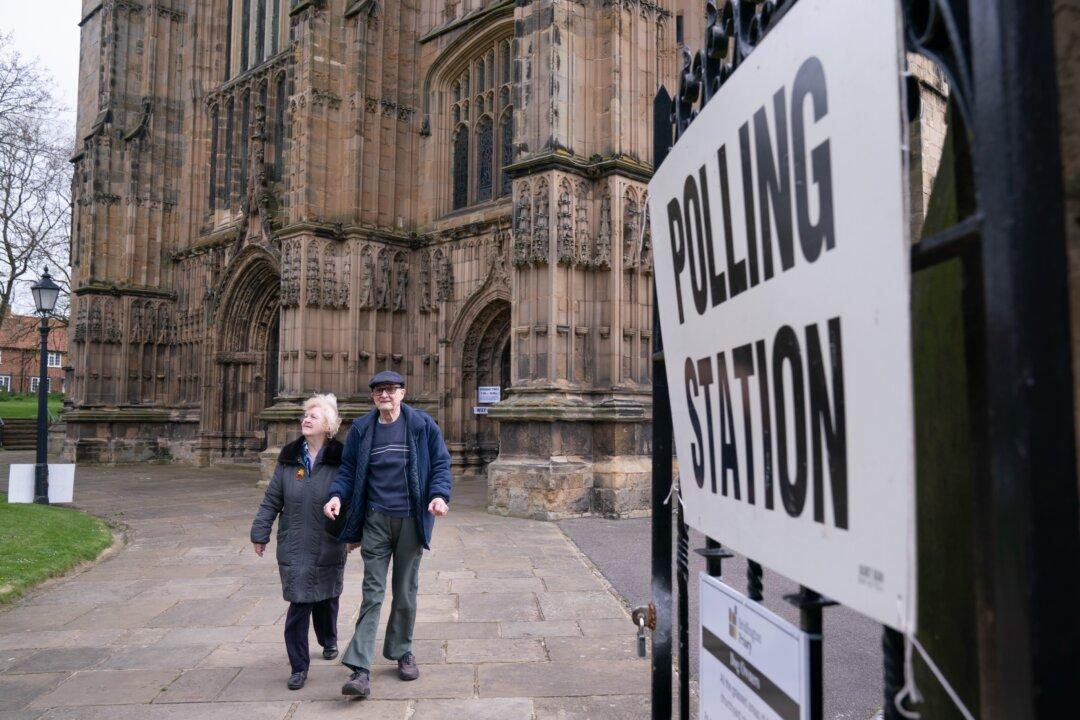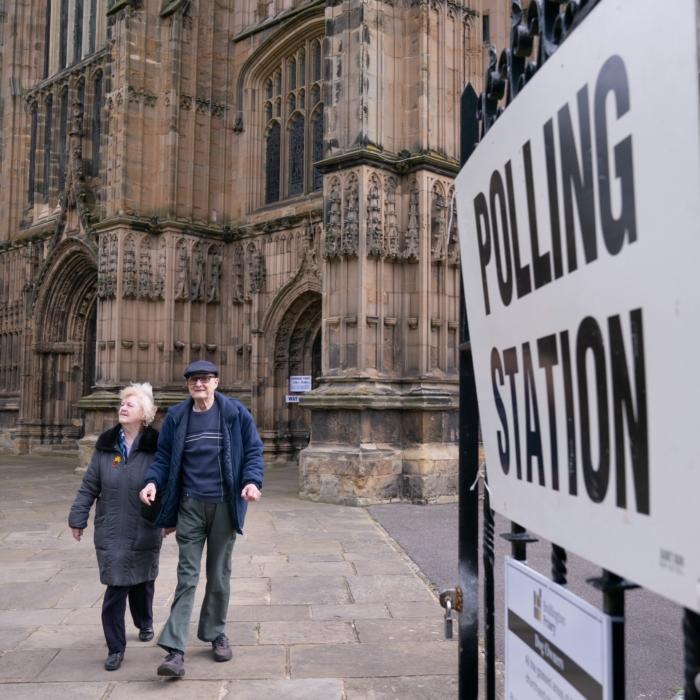The list of admissible forms of photographic ID that voters need to show at polling stations will not be expanded, the UK government has decided.
Chair of the Electoral Commission, John Pullinger, cautioned that current rules on voter IDs risked disenfranchising certain groups.
He suggested that voter ID requirement were putting young people off voting.
Valid photo IDs include passports, driving licences, blue badges, biometric residence permits, defence identity cards, and national identity cards issued by the European Union, Norway, Iceland, or Liechtenstein.
Criticism
Given that young voters are less likely to support the Conservative Party, unlike people aged 70 and over, the government has been criticised by MPs for “rewriting the rules to benefit themselves.”The Electoral Commission and politicians have previously recommended that the government widens the list of accepted documents.
This is to “ensure large numbers of people are not prevented from taking part,” he added.
Mr. Pullinger said that Downing Street had rejected the proposals, citing the security of elections.
Local elections in May last year were the first in Great Britain to require voters to show a form of identification.
He acknowledged the government’s concerns around ensuring election security, but said “we should do better” in order to avoid “disenfranchising particular people.”
Mr. Pullinger also said that it was “too late” to make changes for the general election, expected to take place this year.
Disruption
Electoral administrators, surveyed by the LGIU, said that voter ID added to their stress, caused by limited resources and short timetables.One surveyed administrator, who worked on May elections, said it was easy to make a “catastrophic” error, given the complexity of the process.
The photo ID requirement has only been tested in local elections, said the survey, questioning how it will play out in a general election. Approximately 14,000 voters could not vote in May because they could not show an accepted form of ID.
The Electoral Commission, reported high (89 percent) levels of satisfaction with the process of voting. Before election day, 87 percent of people in England knew that they would have to show an ID to vote.
Last year, Mr. Sunak said that the photo ID requirement will help make sure voting is a “high-integrity process.”







